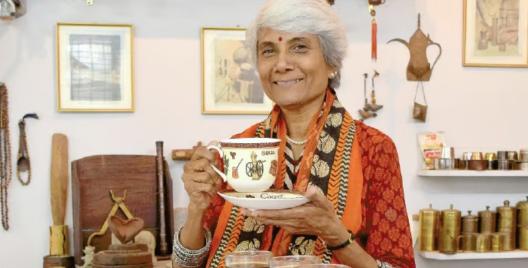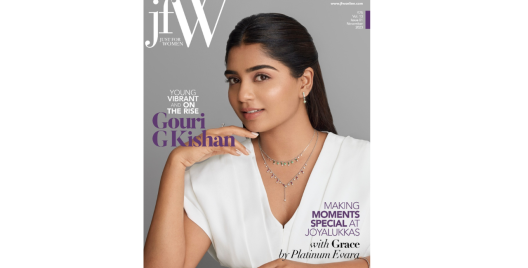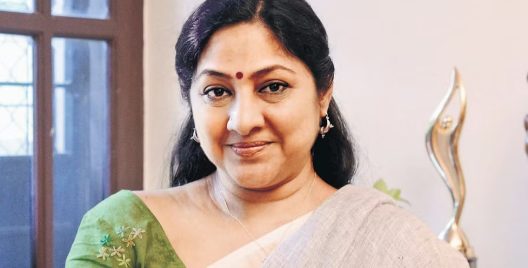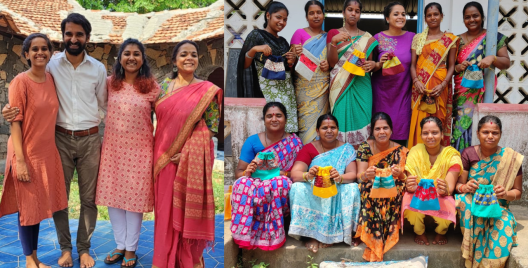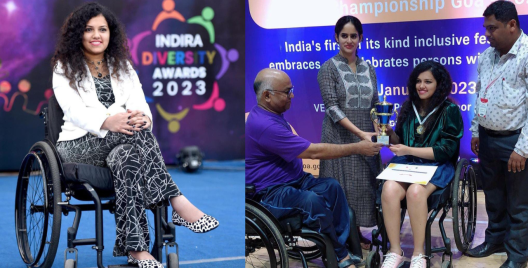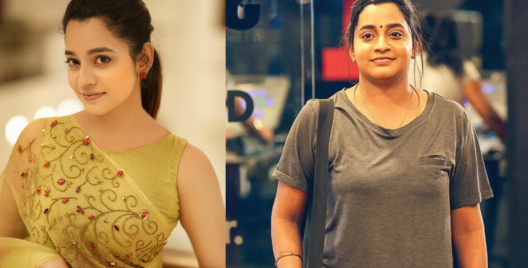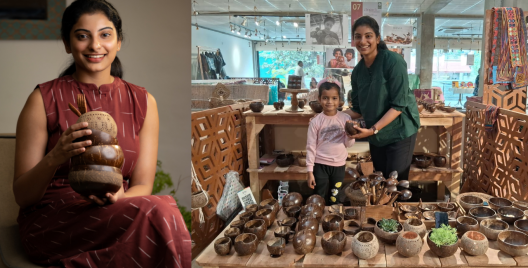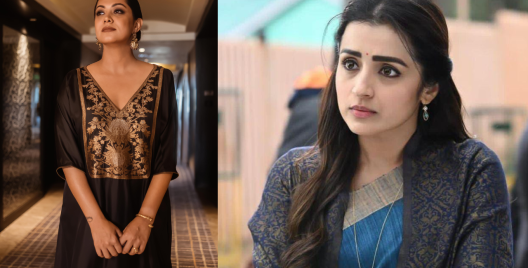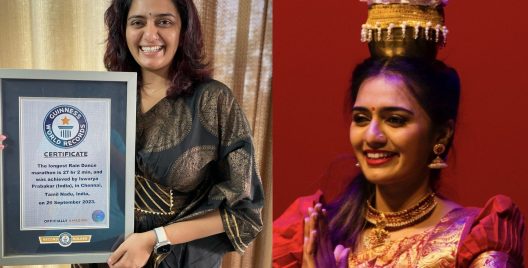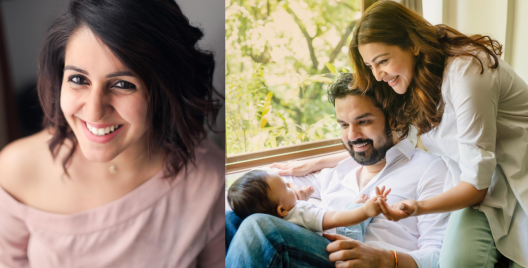She is elegant, poised, well-read and well-travelled, an actor par excellence and a mother who never comprises. In the recently released film, Let’s Get Married, she plays a new-age mother-in-law. She’s outspoken, broad-minded and modern. In conversation with Nadiya, we find out more about what goes on in the actress’s mind and life.
While the latest movie is getting mixed reviews from the audiences, here is what she had to say.
Honestly, I’m someone who, once done with a film, I move on. I don’t look at the reviews in particular, but when I talk to my co-artists, I get a feel. On an average, people have enjoyed my performance, and that matters to me. How the audience views and responds to my films is essential to me. They appreciated my character in the film. Also, it’s a new concept. And when there is something new, it takes time to be accepted. It’s a fun-filled film, a very light-hearted one. For me, now working with youngsters is a lot of fun. I have kids around that age. It’s a lot of learning, they expose me to the new world, new thinking. A person evolves during this journey. The energy is different, so that’s what I enjoy about working with the current generation.
Are you particular about the kind of roles you’re opting for or have they been organic?
Different kinds of scripts are coming my way. We do have a lot of limitations because there aren’t many characters that are written for women my age. But there has been a lot on the OTT platform, but it’s still not as much as we would like it to be. Within those parameters, I try to find roles I feel are satisfying, I feel are probably more meatier. I try to find some nuance in the character that I’m doing. That is one of the reasons I did LGM. Usually, there is a mother-in-law who isn’t very welcoming of change, but here there is a middle-aged woman who is ready for the changes taking place in her life. She’s the one who accepts the new concept of the mother-in-law and daughter trying to get to know each other better.
A big role in a small film or a small role in a big film?
For me, it’s always been about what I can bring to the film. Does the script touch me in any way? I also feel like everything has its destiny. Sometimes, even if you do the biggest of films, it may work or not. I think it’s the destiny of the film, how it shapes up, how people respond to it, and the timing of its release.

What are the most common roles that you are getting now?
There are certainly the mother roles. But for example a film like Wonder Women or Putham Pudhu Kaalai, these are characters that were very interesting and they were different from what I’ve been normally doing. But with every film, I’m also getting to know and work with good actors. There is so much to learn from every film.
What’s that one role or movie character that you wish to play but hasn’t come your way yet?
I always laugh when I say this but I would love to do an action film. Do something that breaks the norm. I don’t want to do something stereotypical, that someone my age would anyways do. I don’t want to be boxed into one particular category. It could be very raw action, a street fight or something like that. I don’t have a dream role as such but I like the way the writers are coming up with these very nuanced and real-life characters.
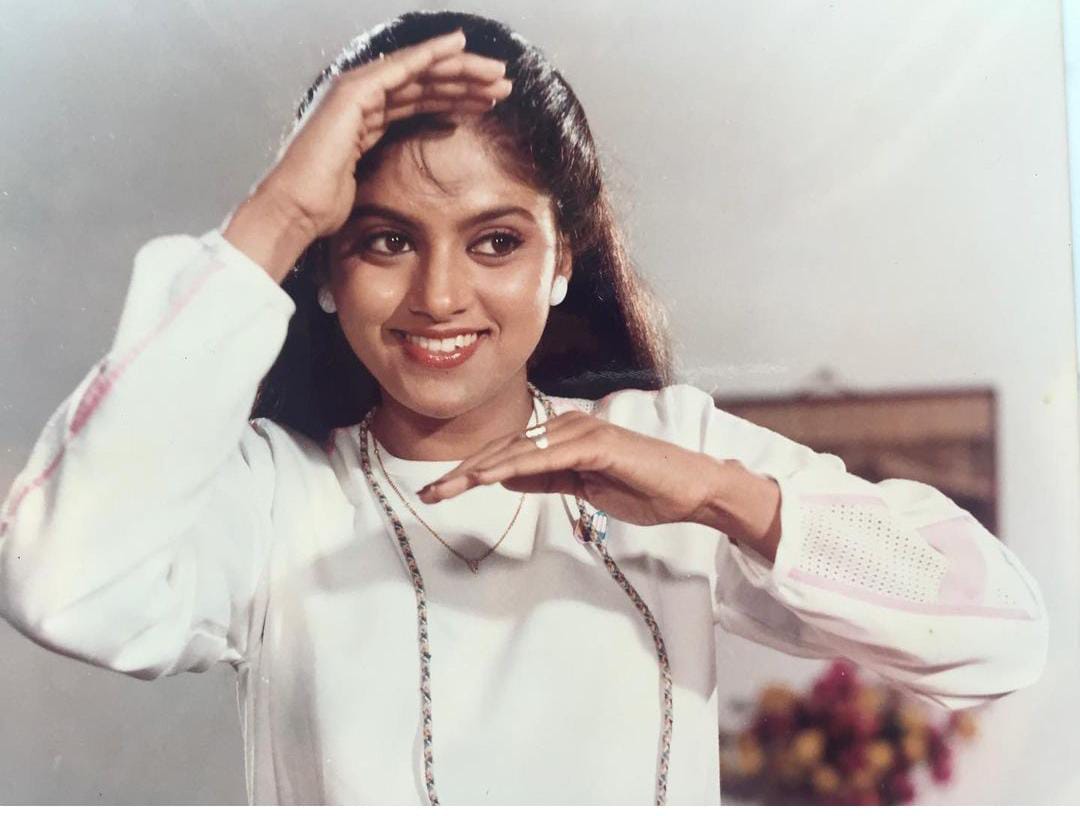
What is it that you find different in the movie industry from then to now?
When I started, I was very young. I am a Malayali from Mumbai and when I started work in the south, there was a cultural difference that I felt. I didn’t grow up here. You act with actors who are probably a little older than you are. So, you don’t have many common conversations. There was nothing much that we could talk about. After I took the break and came back, I returned as a mature woman, and you have many youngsters working with you. The conversations were a bit easier because you have things to talk about. I would talk about life experiences. I also had a language barrier then because I wasn’t used to speaking most of the South Indian languages. I picked up Tamil after working in the movies. Now, everyone talks in multiple languages and so, conversations have become easier. There is a lot more than can be talked about too.
On the sets of the movie Wonder Women which is centred around women, made by women, what was the energy?
The energy was fabulous and through the roof. I was probably one of the least talkative ones and that says a lot because I love to talk. All the girls were bustling with energy, we constantly had giggles on the set. We would laugh at the silliest east of jokes, it’s like a girl gang getting together. That was a film that brought me to another school of acting. Anjali gave me the freedom to improvise the lines I’m saying, which is very new to me since I’ve always followed the lines, modulated it and presented it. She would give me the gist and ask me to say it the way I would normally. That film tapped my skill in speaking other languages. I speak Marathi, Hindi, Malayalam etc in the film which people wouldn’t have heard me speak otherwise.

How does your family react to your movies, do they appreciate your performance or critique it?
So, my daughters are older, they haven’t watched a lot of the films that I did in the 80s. Today, they do watch some and they have liked every one of them. Now, I can talk about my movies to them and know what they think about them. They are in their 20s, and their perspective on womanhood, and life has been extremely enlightening to me. So, it’s nice to have their take on it as well. I lead parallel lives. I don another cap when I’m in the south and when I’m here in Mumbai. They do take pride and they get flattered when someone talks bout my work but other than that, they are living their own lives abroad.





